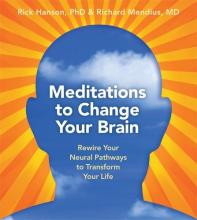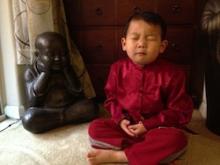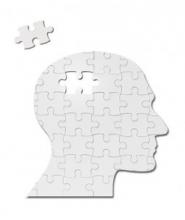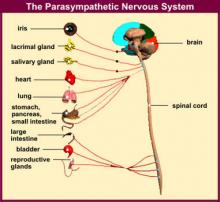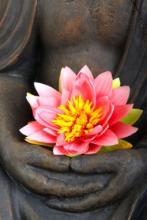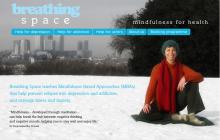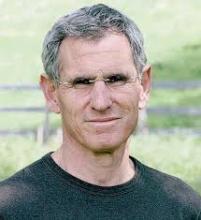When I talk to people about how much they experience joy, most say, “Not so much.” Joy is not a frequent visitor, and when it does appear, it’s fleeting.
Joy arises when we are open to both the beauty and suffering inherent in living. Like a great sky that includes all different types of weather, joy is an expansive quality of presence. It says “Yes to life, no matter what!” Yet it’s infrequency lets us know our more habitual posture: resisting what’s happening, saying “No” to the life that is here and now. We tend to override our innate capacity for joy with our incessant inner dialogue, our chronic attempts to avoid unpleasantness and to hold on to pleasure. Rather than joy in the present moment, we are trying to get somewhere else, to experience something that is better, different.
The great French writer, André Gide, said:





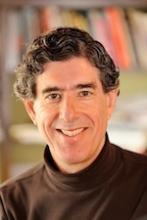

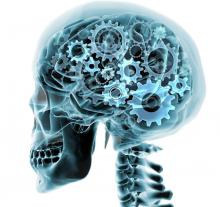

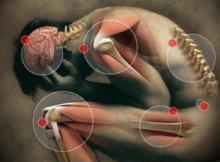
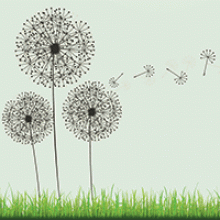

 Scientists have now discovered how mindfulness meditation can give patients control over levels of
Scientists have now discovered how mindfulness meditation can give patients control over levels of 